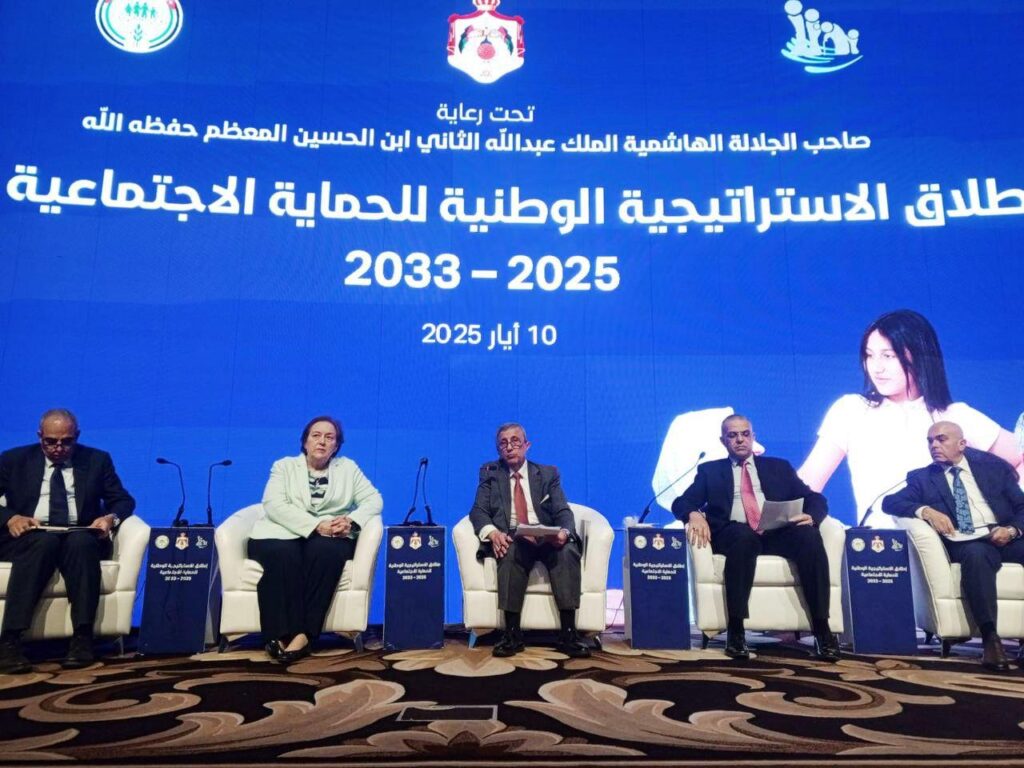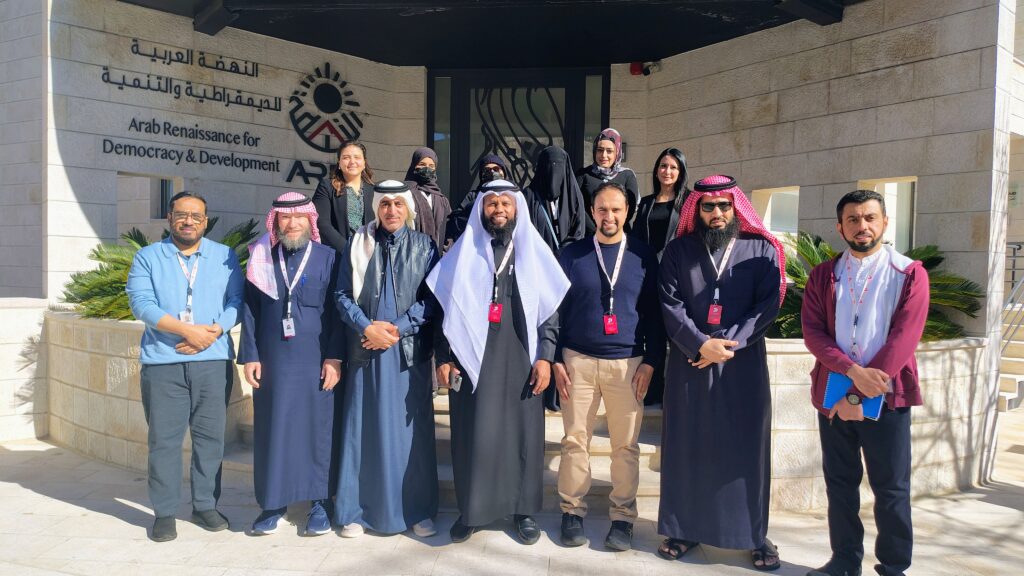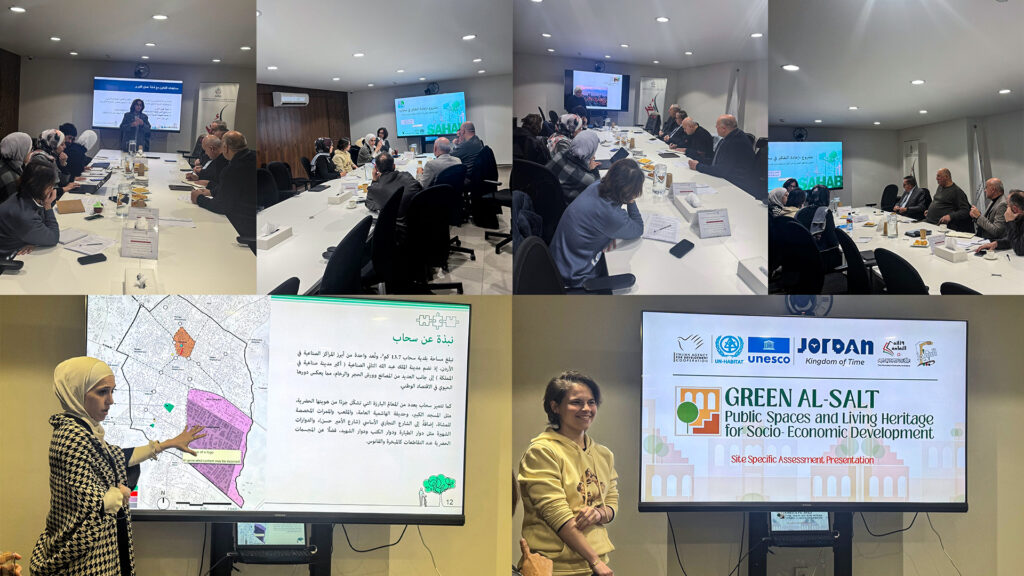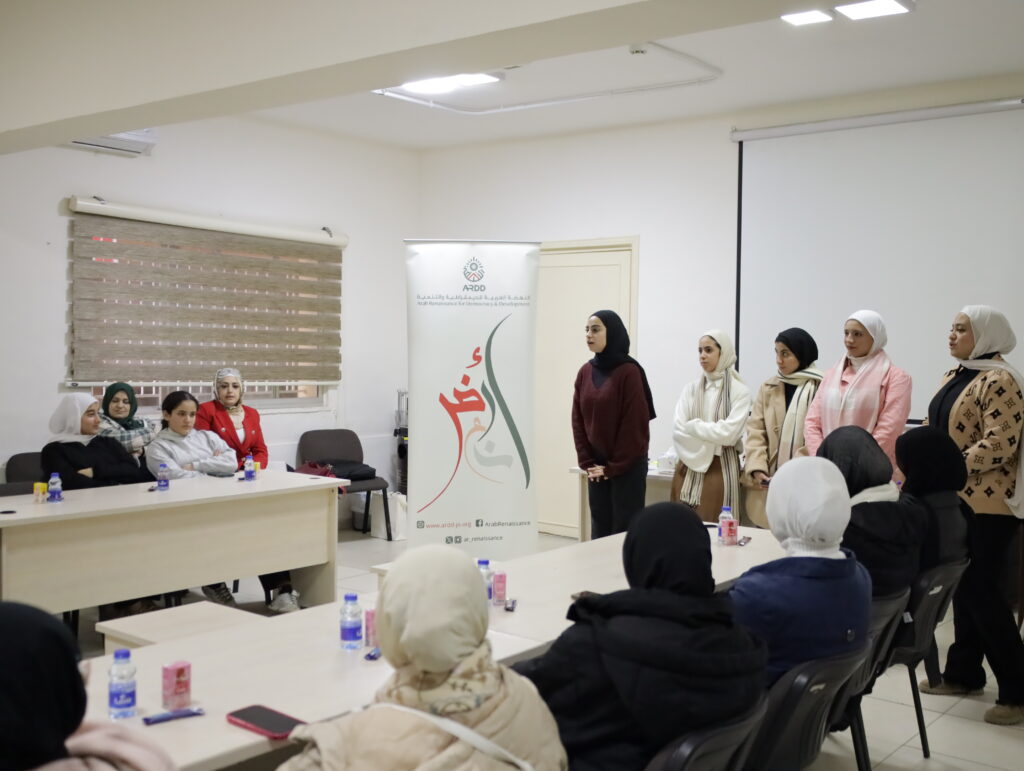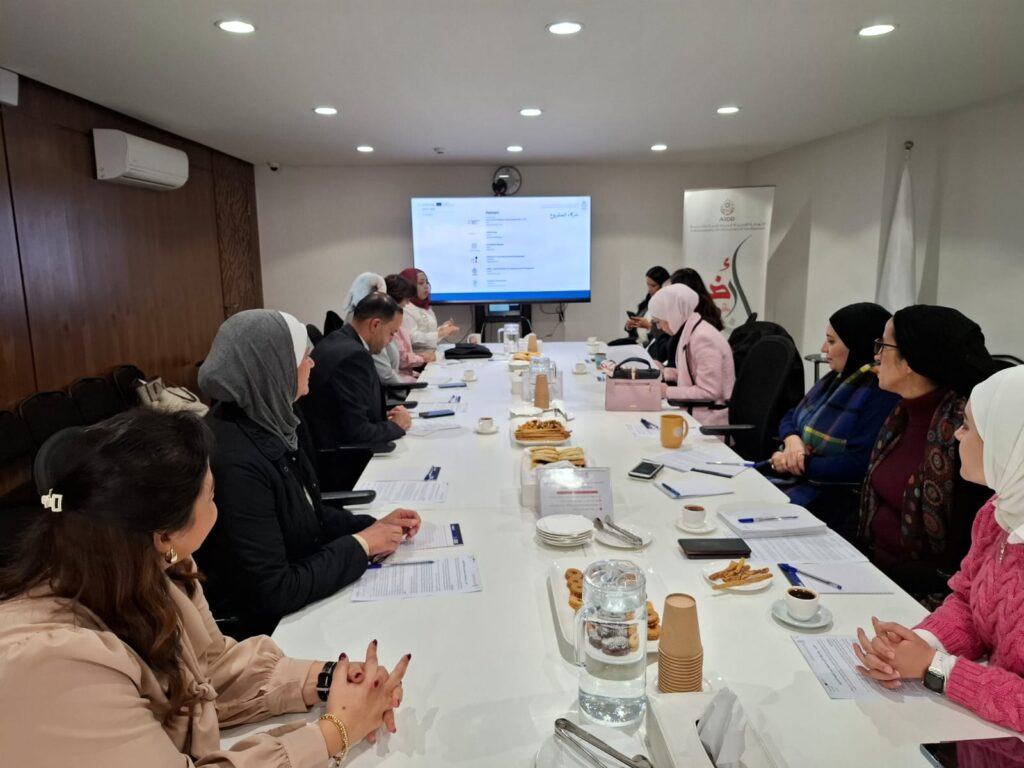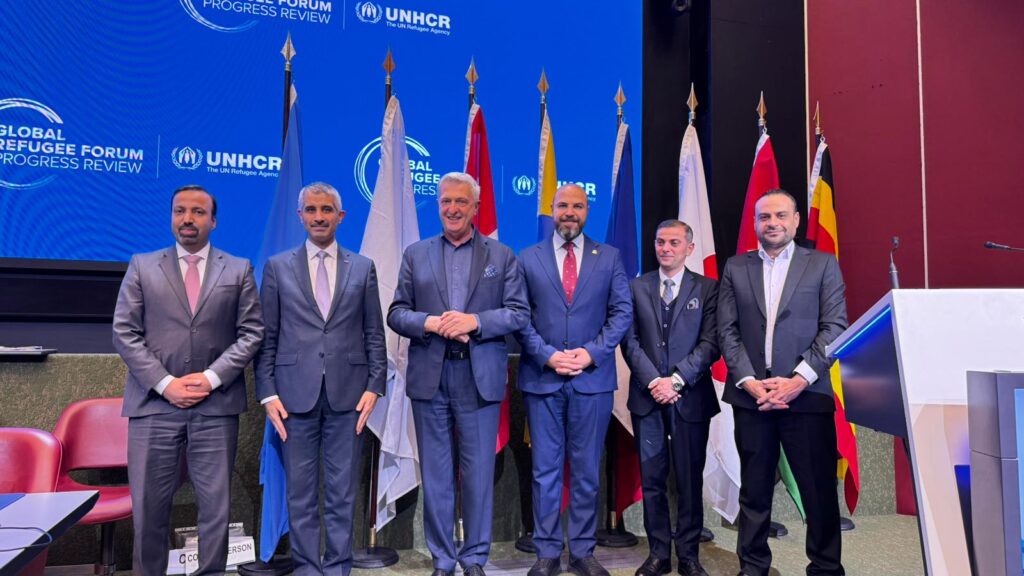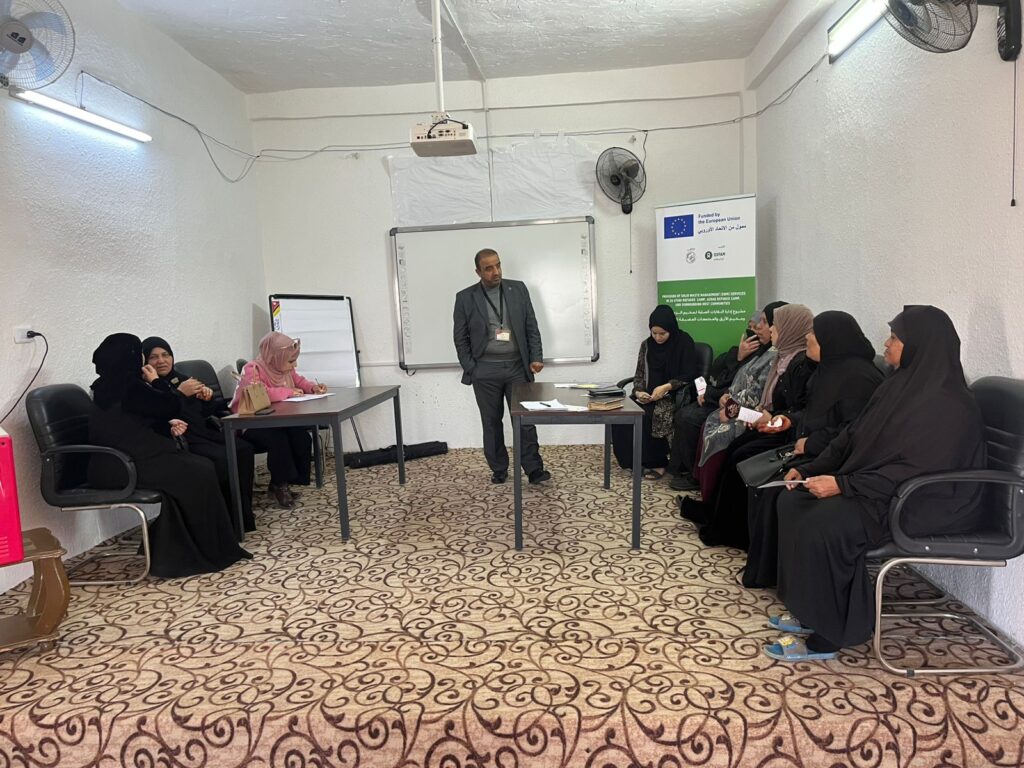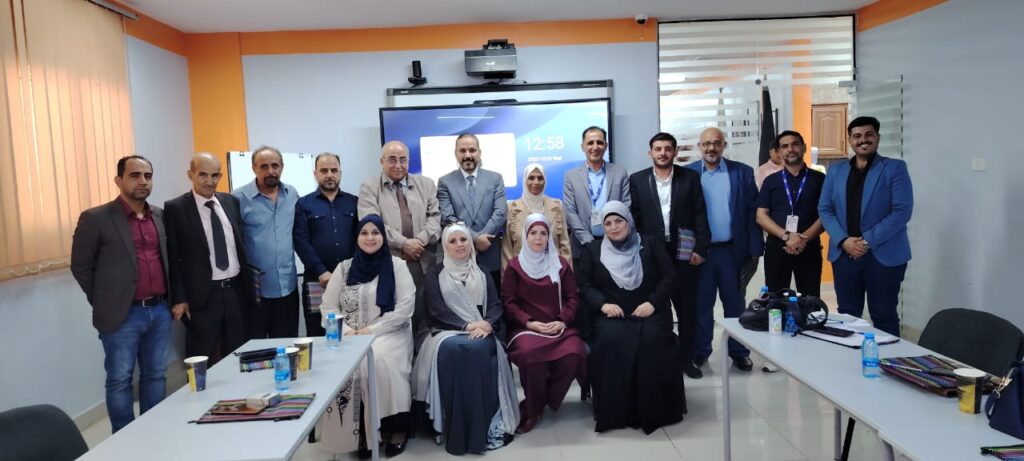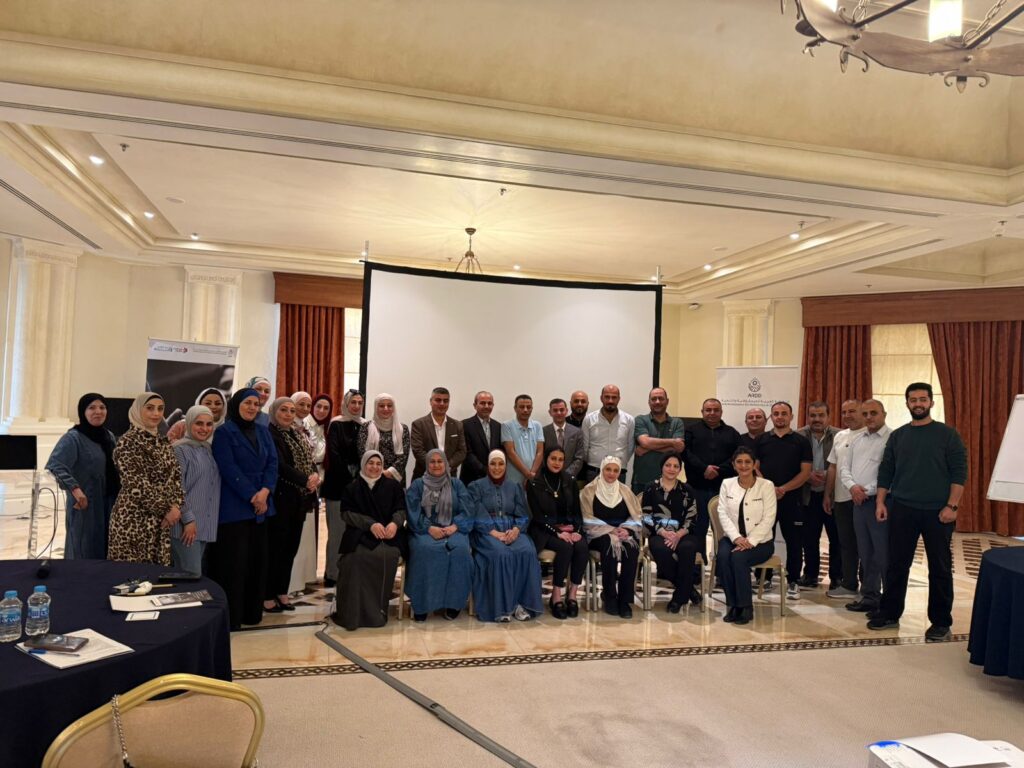As part of national efforts to develop the components of the National Social Protection Strategy for 2025–2033, Dr. Sawsan Al-Majali, board member of the Jordan National NGO Forum (JONAF) and representative of civil society organizations, participated in a dialogue session held at the King Hussein Bin Talal Convention Center on Saturday, May 10, 2025. The session aimed to discuss key challenges and available opportunities to strengthen Jordan’s social protection system. It brought together representatives from government ministries, civil society organizations, and subject-matter experts.
Speakers included Dr. Barq Al-Damour, Secretary-General of the Ministry of Social Development and head of the “Empowerment” pillar; Jadallah Al-Khalayleh, Director General of the Social Security Corporation and head of the “Opportunity” pillar; Dr. Sawsan Al-Majali, representing the JONAF coalition; and Dr. Ahmad Awad, Director of the Phenix Center for Economic Studies.
In her remarks, Dr. Al-Majali emphasized the importance of involving civil society in all phases of formulating and implementing social policies. She described civil society as a strategic partner with field-level expertise and access to underserved groups, particularly women, persons with disabilities, and the elderly. She also reaffirmed JONAF’s commitment to promoting transparency and social accountability by empowering local communities to voice their needs and ensuring that the national strategy reflects the real priorities of the people.
The session, moderated by Senator Issa Murad, Chair of the Senate’s Labor and Social Development Committee, highlighted the significance of the strategy and its alignment with Jordan’s three modernization tracks—political, economic, and administrative—led by His Majesty the King. Speakers described the strategy as a practical embodiment of these national directions.
They also stressed the need to achieve the goals of the “Empowerment” and “Opportunity” pillars through close collaboration with government bodies, the private sector, civil society organizations, and all relevant stakeholders.
In conclusion, participants called for a deeper partnership between government institutions and civil society and advocated for a participatory approach in designing and evaluating social programs. They emphasized that a robust social protection system is not only essential but urgent, given its integral connection to the country’s modernization efforts. A fair, inclusive, and sustainable system, they noted, must be guided by a clear and comprehensive vision rooted in integration and inclusivity.

